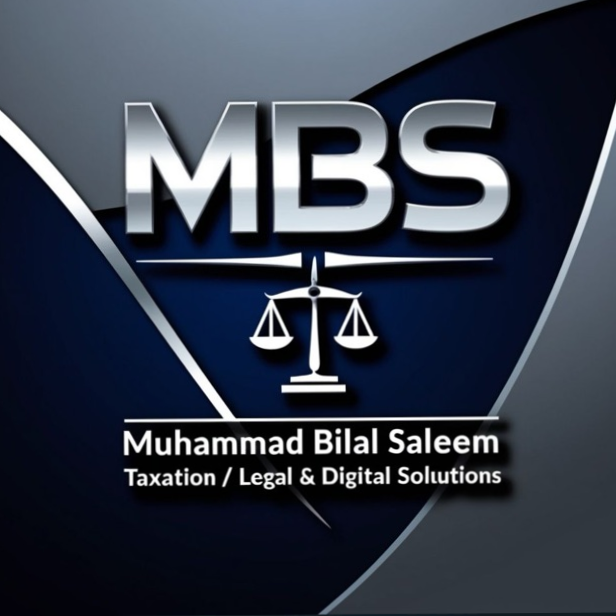
Introduction
What is Income Tax in Pakistan and Who Should File It?
The government of Pakistan relies heavily on income tax as a key revenue source. Revenues are required of individuals and institutions to finance important services such as infrastructure, education, health care and national defense.
In today’s digital and economic age, understanding of Income Tax in Pakistan is not just a legal responsibility – this is an important financial step for individuals and companies. Ensure the tax return ensures that you are obedient, benefit from low tax rates and create financial reliability for future plans.
Understanding Income Tax in Pakistan
In -Pakistan, income tax is imposed on various sources of income earned during one tax year. It is calculated according to a progressive record system – the more you earn, the more tax.

Types of taxable income include:
- Salaried income
- Business or freelance income
- Rental income from properties
- Capital gains (on property or stock sales)
- Income from investments (e.g., dividends, royalties)
Income Tax Slabs for Salaried Individuals (FY 2024–25):
| Annual Salary (PKR) | Applicable Tax Rate |
| Up to 600,000 | 0% (Tax Exempt) |
| 600,001 – 1,200,000 | 2.5% of amount exceeding PKR 600,000 |
| 1,200,001 – 2,400,000 | PKR 15,000 + 12.5% of amount exceeding 1.2M |
| 2,400,001 – 3,600,000 | PKR 165,000 + 20% of amount exceeding 2.4M |
| 3,600,001 and above | Progressive up to 35% |
Example Calculation:
Suppose a salaried individual earns PKR 2,000,000 per year.
- First 600,000 = Tax exempt
- Next 600,000 @ 2.5% = PKR 15,000
- Next 800,000 @ 12.5% = PKR 100,000
Total Tax = 15,000 + 100,000 = PKR 115,000
The Role of FBR
The main organization in charge of collecting taxes and ensuring rules are followed is the Federal Board of Revenue (FBR). It runs the IRIS portal, where individuals can register, can submit tax returns and manage the taxpayer’s profile. FBR also releases the active taxpayer list (ATL), which shows obedient filters and offers them to reduce prices
Who Should File Income Tax in Pakistan?
Not everyone is legally required to file taxes, but many are. Here’s a breakdown of those who must file an income tax return:
Individuals Required to File:
- Salaried persons earning more than PKR 600,000/year
- Business owners and self-employed individuals
- Freelancers and remote workers earning through digital platforms
- Landlords earning rental income
- Capital gains earners (property or stock traders)
Companies and Entities Required to File:
- All registered companies, regardless of profit
- Associations of Persons (AOPs)
- NGOs and Trusts with taxable receipts or donors
Criteria That Make Filing Mandatory:
- Holding a commercial electricity or gas connection
- Owning a vehicle above a certain engine capacity
- Owning immovable property (residential or commercial)
- Having a National Tax Number (NTN)
Benefits of Filing Your Income Tax:
- ✅ Entry into the Active Taxpayer List (ATL)
- ✅ Lower withholding tax on banking, vehicle registration, and property transactions
- ✅ Higher chances of loan approval, visa applications, and tender eligibility
- ✅ Peace of mind through legal compliance
Consequences of Not Filing Income Tax
Neglecting entering the tax return can lead to serious legal and financial results:
Penalty for non-filters:
- PKR fined 10,000-50,000
- Disqualification for ATL – resulting in double tax rates
- Issuing FBR notice or audit assessment
Other results:
- High tax deduction on bank and investment
- Disqualification of state tenders and official contracts
- Difficulty in obtaining loans, credit cards or foreign travel documents
Non-submission not only increases your financial burden, but also with the risk of legal problems, delayed reimbursement and limited access to important services.
Conclusion
Understanding income tax in Pakistan is necessary for both officials and business owners. Your tax returns ensure that you fit the law, open the door to financial benefits and create long -term financial reliability.
If you are unsure of going in or calculating your tax, it is best to consult a certified tax advisor or use the official equipment available at FBR IRIS Portal.




